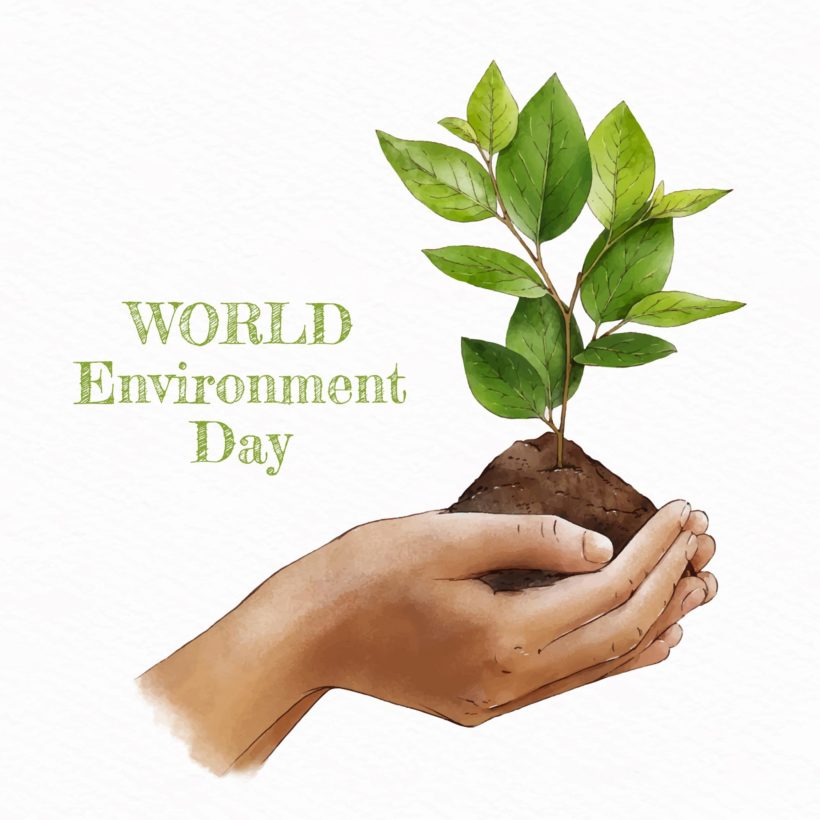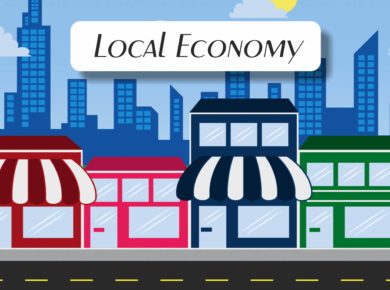On 5 th June 2022 – World Environment Day, sheatwork draws attention to how protecting the environment is of prime importance today.
Protecting the environment is top-of-mind today. But, how can we become environment-
friendly and take measures every day? Thankfully, today there is a day dedicated to this
issue, so that the world can take cognizance and take action.
Tracing the background, the first World Environment Day was celebrated in
Washington. And, every year on June 5 the celebration is aimed at raising awareness
about the need to protect the environment. This year, World Environment Day 2022 is
hosted by Sweden. “Only One Earth” is the campaign slogan, with the focus on “Living
Sustainably in Harmony with Nature”. This puts the spotlight on living sustainably –
which is in total harmony with nature.
The World Environment Day initiative is the biggest international day for the
environment arena, and is led by the United Nations Environment Programme (UNEP).
It has been held annually since 1973, and it has grown to be the largest global platform
for environmental outreach. It is recognized and celebrated by millions of people across
the globe.
“Sustainability” is key
With the world, reeling under the prolonged spell of global warming, the topic of
“Sustainability” has gained immense importance and attention, unlike sometime ago.
Climate change has really hit us now and how! With the effects of climate change
becoming very obvious, being sustainable has been elevated to become more of a
norm than just a lifestyle. And, women have been acknowledged leaders of running
sustainable lifestyles at home. Today, the reality is that as women are getting
empowered in every step, many of them have carried over this thought process into
businesses.
Women entrepreneurs are leading the sustainability charge in business and investing,
which is not surprising. According to a study by the National Sample Survey
Organisation, 14% of businesses in India are run by women. And many are driving the sustainability agenda in various sectors such as textiles, cosmetics, healthcare, and
food and beverages.
As per the new 2020 BNP Paribas Global Entrepreneur Report, 54 percent of women
entrepreneurs say that beyond financial returns, reducing their carbon footprint is their
top measure of success in investing, compared to just 41 percent of men.
So, with women who have options to start a business and drive change, they are indeed
focused on protecting the future. And, subsequently, they seem to look at investment
and creation of businesses as factors that go beyond just ‘return on investment’. It
seems easier for women to understand that added to this, there can be a ‘social’ return
too.
Most significantly, women tend to take a very practical approach to sustainability, both
in business and in their personal lives. A 2020 survey discovered that women are far
more likely to be conscious consumers than men – 63 percent of women think about
sustainability when shopping, compared to 50 percent of men. The emerging trend is
that they’re just more willing to make lifestyle changes for – a healthier economy, a
healthier planet and to reduce poverty. Incidentally, this translates into ‘environmentally
friendly’ behavior in their business lives, like focusing on reducing plastics.
For sure, it is a clear indication of women’s general concerns – for the future.
Building “eco-friendly” products and companies
Many companies which make organic, eco-friendly, and sustainable products, are run
by women in India. But, it is not just cosmetics and textiles where women entrepreneurs
are operating on an eco-friendly basis. Most importantly, there are women who have
even founded and are running companies that help in making “green” buildings by using
agri-products. A fine example is Shriti Pandey who founded Strawcture, in 2018. A civil
engineer, she finished her masters in construction engineering from New York
University in 2016 and worked in the construction space too, after which she quit her job
for a rural fellowship in India. This lead her on to notice stubble-burning in a tribal
village of Madhya Pradesh and finding solutions.
She set up her “green” business, but one of key challenges as an entrepreneur in this
sector is the price point. Creating eco-friendly, sustainable products require better
ingredients, more time to prepare and a totally different manufacturing mechanism. This
makes the process more expensive and so the product is also priced higher. The
products created her company are long lasting and free of toxins and plastic. But
convincing customers can be a pain point ! The company produces personal hygiene
products that are free of chemical and safe for the environment.
Deepthi Ravula, CEO of WE HUB, a startup incubator for women entrepreneurs, points
out that in sustainable-product manufacturing, everything is expensive – raw materials,
technology, machinery. A behaviour change is required is what she feels, even though there has been a growing awareness about sustainable lifestyle and people are not
aware of the sustainable issues and how it will directly impact them; and subsequently,
any sustainable product or solution is regarded as an extra utility and not a necessity.
Promising future
Fortunately, hard work and persistence have helped women bring in some changes in
customer behaviour too. And with more people starting to see value in sustainability,
and the growing awareness among consumers – the road ahead looks positive indeed!!










